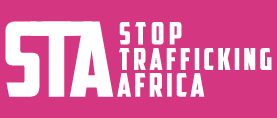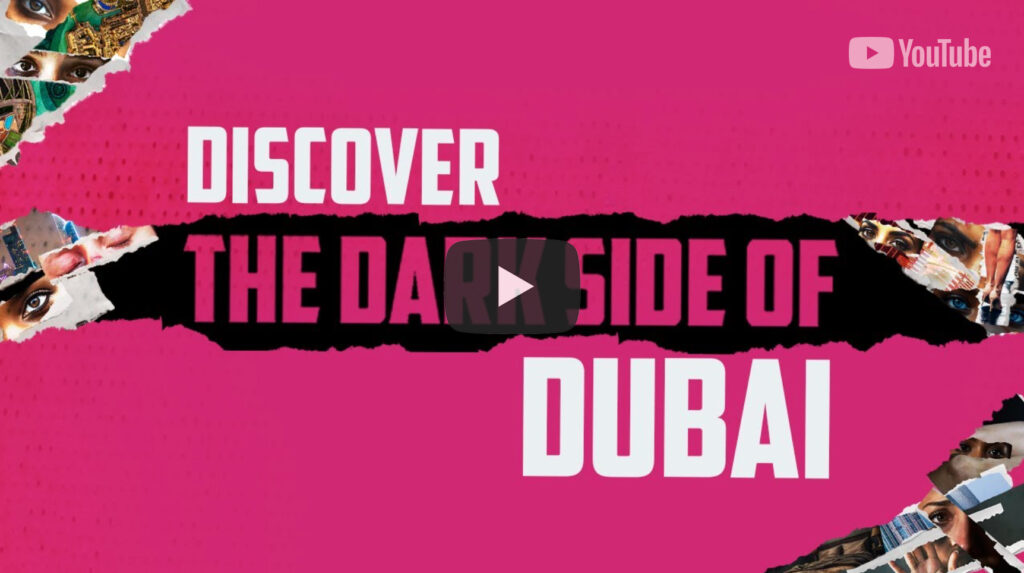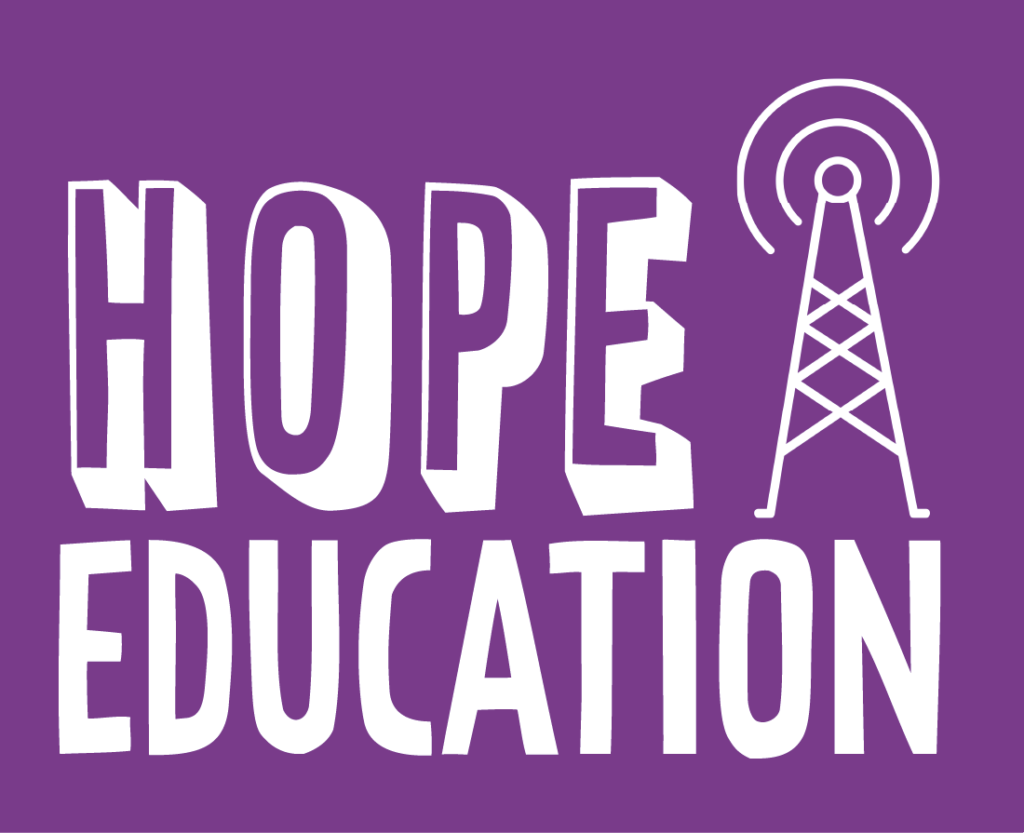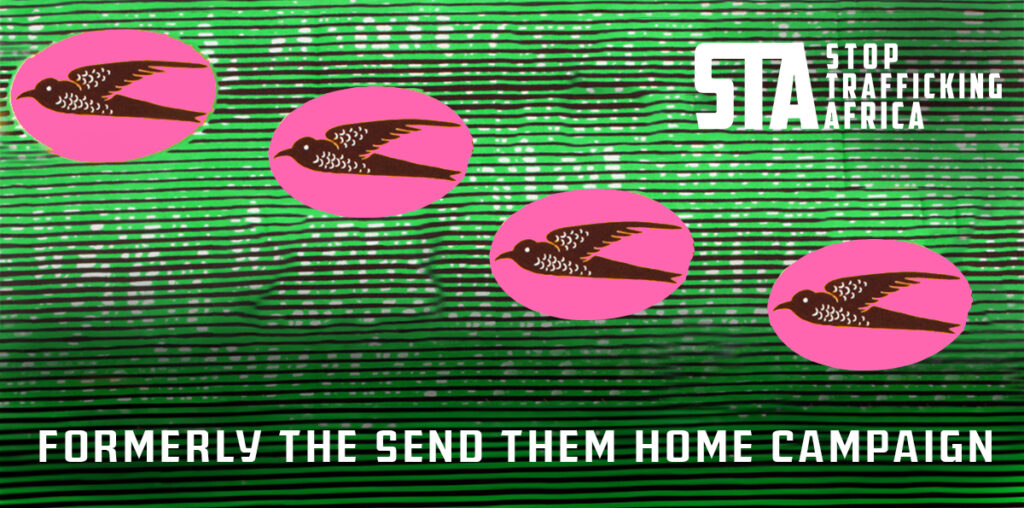
Help for Nigerian women trafficked for sex to the United Arab Emirates
This website is hosted and operated in the United Kingdom and is intended as a resource for Nigerian women trafficked to Dubai to work in the sex industry. This website is intended as a resource for victims and their families both in the UAE and also for their arrival back in Nigeria. We also tell the stories of the victims we have supported and our own journey into the vile trade in the sexual exploitation of Nigerian women. Stop Trafficking Africa was formerly known as the Send Them Home campaign and is based in the United Kingdom. Our sister NGO Hope Education project educates and raises awareness about human trafficking in Ghana.
Sex trafficking is a form of modern-day slavery in which individuals perform commercial sex through the use of force, fraud, or coercion.
The Nigerian sex trafficking network is vast and complex. Frequently victims are targeted by friends of friends and even their own family who then use false promises, violence, threats, lies, debt bondage, juju or other forms of control and manipulation to keep victims involved in the sex industry.
Sex trafficking exists worldwide within diverse and unique sets of venues and businesses including fake massage businesses, escort services, residential brothels, in public, on streets, hostess clubs, international hotels and elsewhere.

Stop Trafficking Africa Press
Stop Trafficking Africa (formerly the Send Them Home campaign) is recognized globally for its work in combatting human trafficking and has been featured by leading media outlets. The campaign’s efforts have been highlighted across platforms like BBC News, The Guardian, Reuters, The Economist, the ICIJ and many more. These media partners have brought attention to the impact of our work in rescuing and supporting victims of human trafficking. We are grateful for their role in amplifying our mission to protect vulnerable lives across Africa and beyond.
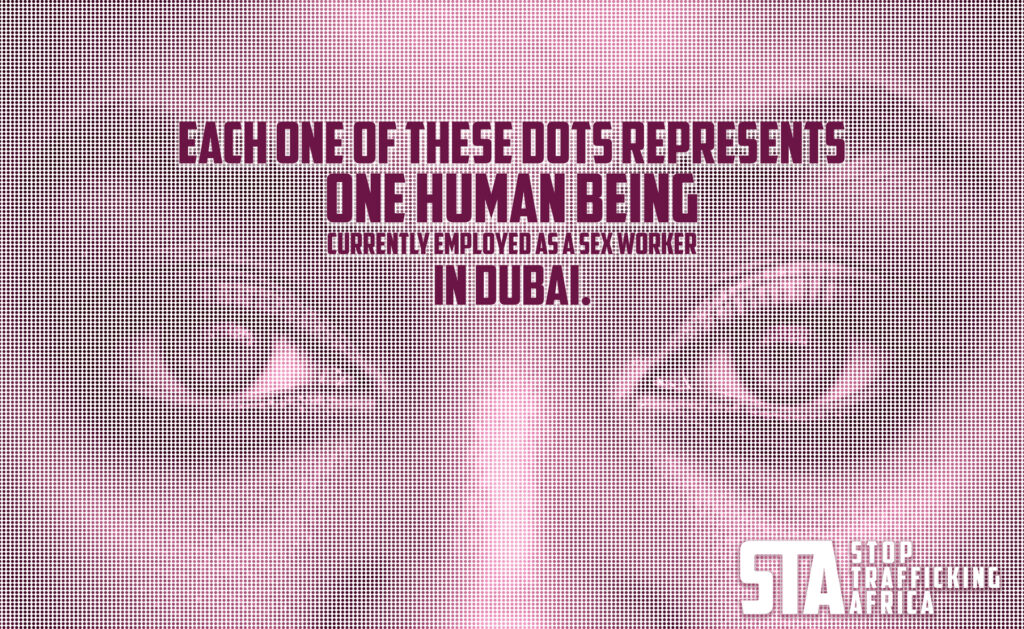
Sex Trafficking to the United Arab Emirates
West African women, particularly from Nigeria, are among the most vulnerable victims of sex trafficking in the UAE. They are often lured with promises of legitimate work, only to be forced into prostitution upon arrival in Dubai. Traffickers use extreme measures, including debt bondage, violence, and psychological manipulation, such as juju oaths, to control them. Many victims remain trapped due to the confiscation of passports, physical abuse, and threats of death or desert abandonment if they attempt to escape.
The Kafala system in the UAE, which binds migrant workers’ legal status to their employers, significantly affects victims of sex trafficking, particularly from West Africa. Traffickers exploit this system by confiscating passports and withholding consent for job changes, rendering victims powerless. African women, often deceived with promises of legitimate work, are forced into prostitution and debt bondage, with amounts typically between $10,000 to $15,000. Traffickers maintain control through violence, threats, and manipulation, trapping victims within this exploitative system.
Despite the UAE’s anti-trafficking laws and its participation in international efforts, the US State Department Trafficking in Persons Report 2024 found significant gaps remain in addressing sex trafficking. The country’s authorities have been criticized for inadequate victim protection and failure to investigate trafficking crimes consistently. Reports indicate that traffickers exploit the Kafala system, using it to trap victims, while authorities often overlook indicators of trafficking, leading to a cycle of abuse and re-trafficking. Victims are frequently penalized for crimes committed under coercion, further complicating efforts to combat this issue.
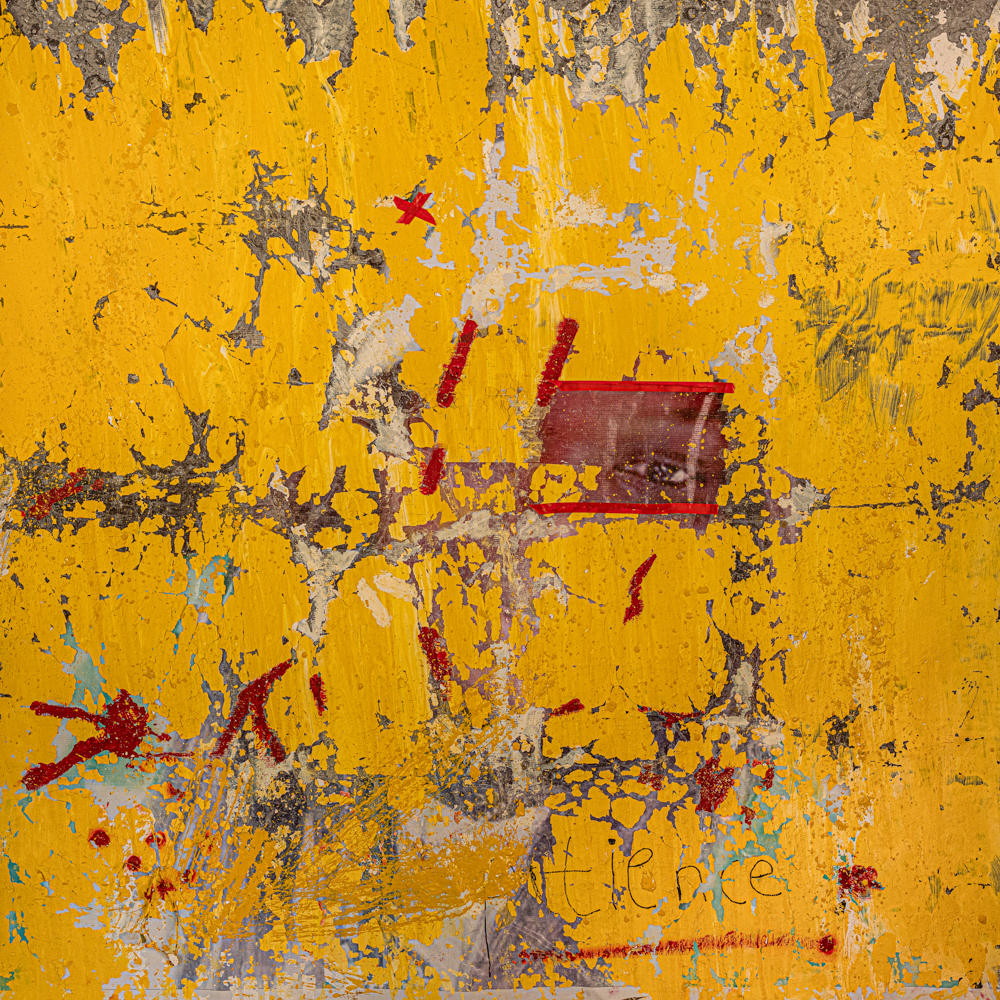
NIGERIA. Lagos. September 18, 2024. Portrait of Grace. In a symbolic act, she painted over her old image. This ritualistic act represents Grace’s journey of healing and reclaiming her identity after the trauma of sex trafficking. By covering her old image, she is metaphorically shedding the past and embracing her strength. © Newsha Tavakolian / Magnum Photos
I AM STILL HERE-My Lens
Newsha Tavakolian of Magnum Photos documented women trafficked for sexual exploitation and rescued or supported by Stop Trafficking Africa, photographing their resilience and their journeys to healing. She produced this groundbreaking photography project to mark World Day Against Trafficking in Persons 2025.
Please visit our sister NGO, the Hope Education Project, a human trafficking education and awareness program for schools and communities in Northern Ghana.
Our mission is to disrupt the flow of vulnerable girls and women trafficked for sexual exploitation, both internationally and within Ghana.

